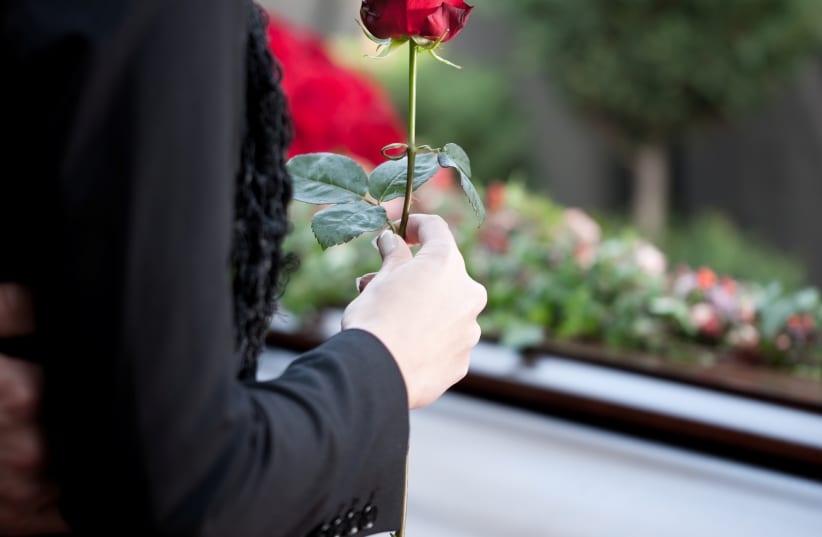Palestinian NGOs and civilians are protesting against the Palestinian Authority to change the laws and legal practices that discriminate against women, according to reports by the Palestinian press.
Palestinian Media Watch (PMW) provided translations of meetings, notes and newspaper articles showing the public uproar around last week’s alleged honor killing of Israa Ghrayeb. It is suspected that she posted a video showing herself with a man who had proposed to her but to whom she was not yet formally engaged.
Allegedly, she was then killed by her brother.
The incident highlighted challenges in Palestinian communities in which domestic violence is either ignored or legitimized by leaders. A protest took place in Bethlehem’s Manger Square last week, where participants called for the criminalization of these acts and for the issue to be brought to the forefront in order to bring about change.
Legal investigator Zeinab Al-Ghoneimi said that 19 women have lost their lives within a single year in the PA-controlled territory “on the pretext of honor, suicide or death under mysterious circumstances.”
The Palestinian Human Rights and Democracy Center, SHAMS, noted that some changed have been made, some Fatah officials have condemned violence against women and the PA has joined international human rights conventions. Nonetheless, the organization said in a statement to the PA daily Al-Hayat Al-Jadida that, “the state of women’s rights in Palestine remains at a standstill, and women are still being murdered.
“Women remain the most prominent victims of the male culture and of the violence that grows out of it, while this culture elevates men beyond the culture of shame, appoints them as masters and guardians of morality – even when they act immorally – and grants them complete immunity,” SHAMS continued in a statement.
Last year, an adviser to PA President Mahmoud Abbas on religious and Islamic affairs was interviewed on the PA TV program Horizons. In that interview he said that while a man could not beat his wife, sister or daughter “for no reason,” there is a situation when it is OK.
“The one and only situation... in which a man is permitted to beat... is the situation of disobedience,” Mahmoud Al-Habbash told the TV interviewer. “The disobedient woman, the woman who is out of line, the woman who destroys the bonds of marriage, and the bonds of home and family. Aside from this, any type of beating, injuring and cursing of the woman constitutes a forbidden act.”
SHAMS said that what Palestinian society needs is for PA officials to take “more serious and effective steps,” such as amending the national legislative system so that it is consistent with Palestine’s international commitments, legislating a law to protect families from violence, and increasing the severity of punishment for criminals who murder women.
Secretary of Fatah’s Poland branch, Khalil Nazzal, expressed similar sentiments. He wrote on Fatah’s official Facebook page that “Women are still the weak link, despite the empowerment of their role in all fields of life. They are the side that is exposed to a demand for an accounting and to accusations of bringing shame upon the family, while the family defends men against the same accusation…
“Whoever raises his hand against his sister, daughter or wife,” Nazzal continued, “loses the right to be called a ‘man.’”
